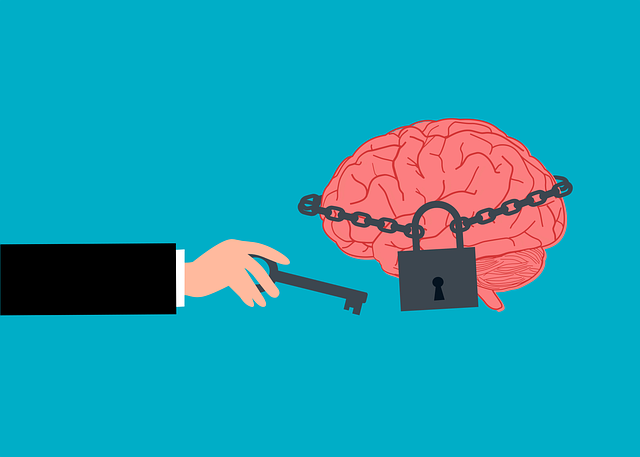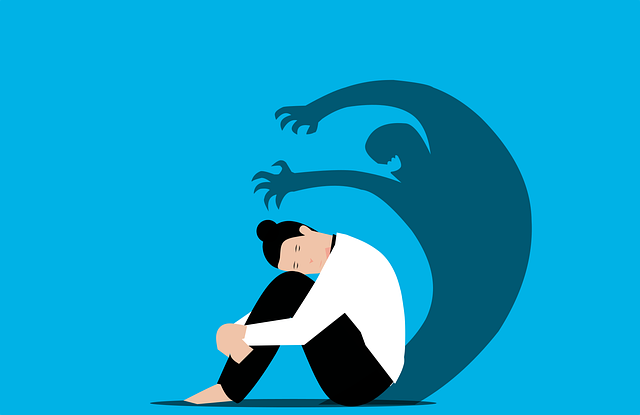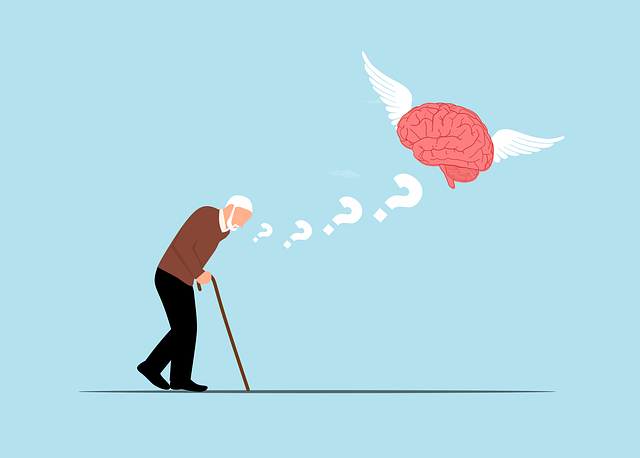Mental wellness is vital for navigating modern life's challenges. Castle Rock Exposure and Response Prevention (ERP) Therapy is an effective, evidence-based approach that treats anxiety by modifying thought patterns and behaviors, fostering resilience to stress. Combining ERP with stress reduction and mood management techniques offers transformative benefits, including preventing depression and enhancing individuals' ability to handle life's ups and downs. Accessing Castle Rock Exposure and Response Prevention Therapy overcomes barriers like stigma, limited access, and financial constraints, empowering clients to confront fears and reduce avoidance behaviors for improved mental wellness.
Mental wellness is a cornerstone of overall health, yet it’s often overlooked. This comprehensive guide delves into the multifaceted aspects of promoting mental well-being. We explore key strategies like Castle Rock Exposure and Response Prevention Therapy (CREP), which has proven effective in treating anxiety disorders. Additionally, we uncover common barriers to mental wellness and offer practical tips for integrating support into daily life. Early intervention and inspiring success stories highlight the profound impact of proactive mental health care.
- Understanding Mental Wellness and Its Significance
- Unveiling the Role of Castle Rock Exposure and Response Prevention Therapy
- Identifying Common Barriers to Mental Wellness Promotion
- Strategies for Integrating Mental Health Support in Daily Life
- Success Stories and The Impact of Early Intervention
Understanding Mental Wellness and Its Significance

Mental wellness is a vital aspect of overall health, encompassing our emotional, psychological, and social well-being. It’s about how we think, feel, and act in different situations, and it significantly influences our ability to cope with life’s challenges. Promoting mental wellness involves recognizing and addressing various factors that impact our minds, such as stress, anxiety, and mood disorders. These days, with the ever-present demands of modern life, keeping a healthy mind can be a challenge. That’s where evidence-based therapies like Castle Rock Exposure and Response Prevention (ERP) Therapy step in as powerful tools for mental wellness promotion.
ERP Therapy is an effective approach to treating anxiety and related disorders, focusing on changing unhelpful thought patterns and behaviors. By gradually exposing individuals to situations that trigger anxiety or stress, this therapy helps build resilience and promotes healthier responses. Incorporating stress reduction methods and mood management techniques alongside ERP can be life-changing for many. Furthermore, preventing depression is a key benefit of proactive mental wellness promotion, ensuring individuals have the tools to navigate life’s ups and downs with greater ease.
Unveiling the Role of Castle Rock Exposure and Response Prevention Therapy

Castle Rock Exposure and Response Prevention (CREP) Therapy is a highly effective approach to mental wellness promotion. This innovative therapy focuses on helping individuals confront and manage their fears and anxieties by gradually exposing them to stressful situations, while simultaneously preventing disruptive responses. CREP aims to reshape how people interpret and react to challenging scenarios, ultimately enhancing their mood management skills. By participating in this therapy, individuals can learn to control their emotions, improve stress management, and build resilience against anxiety disorders.
The process involves collaboration between the therapist and client, where personalized exposure scripts are created to target specific fears. Through controlled exposure, clients safely confront their triggers, allowing them to develop healthier coping mechanisms. This method has proven particularly beneficial for those struggling with obsessive-compulsive disorder (OCD), social anxiety, and post-traumatic stress disorder (PTSD). Community outreach programs can play a vital role in promoting CREP by raising awareness, providing access to therapy, and ensuring that individuals receive the support they need for effective mood and stress management.
Identifying Common Barriers to Mental Wellness Promotion

Identifying Common Barriers to Mental Wellness Promotion
In today’s fast-paced and often stressful world, mental wellness promotion is more crucial than ever. However, several barriers hinder individuals from seeking support and adopting healthy habits. One such challenge lies in the lack of awareness and understanding about mental health issues. Many people still associate discussing emotions or seeking therapy with weakness, which creates a stigma that prevents open conversations. Overcoming this requires education and normalizing conversations around mental wellness.
Additionally, practical constraints often act as barriers. Limited access to quality mental health services, financial constraints, and time restrictions can deter individuals from engaging in treatments like Castle Rock Exposure and Response Prevention Therapy (ERPT), which has proven effective in depression prevention. Conflict resolution techniques and burnout prevention strategies for healthcare providers are also essential components that require dedicated efforts to integrate into daily routines.
Strategies for Integrating Mental Health Support in Daily Life

Incorporating mental health support into daily life is a multifaceted approach that goes beyond occasional therapy sessions. One effective strategy is Castle Rock Exposure and Response Prevention (ERP) Therapy, which helps individuals confront and manage traumatic memories or anxieties by gradually exposing them to triggering situations in a safe environment. This technique empowers people to change their responses, reducing the power of negative triggers over time.
Additionally, coping skills development plays a crucial role in long-term mental wellness. Encouraging healthy coping mechanisms like mindfulness, exercise, and social connection can equip individuals with tools to navigate stressful situations. Trauma support services are also essential for those who have experienced profound or complex trauma, offering specialized care and resources tailored to their unique needs. Conducting regular risk assessments for mental health professionals ensures that they can identify potential risks within their practice settings and implement preventive measures, fostering a safer environment for both clients and practitioners.
Success Stories and The Impact of Early Intervention

Success stories within the realm of mental wellness promotion highlight the transformative power of early intervention and specialized therapies. One such notable approach is Castle Rock Exposure and Response Prevention (ERP) Therapy, which has proven effective in addressing anxiety disorders. Through this therapy, individuals confront their fears in a safe environment, gradually reducing avoidance behaviors and fostering positive thinking. The impact is profound; many clients report improved quality of life, enhanced conflict resolution techniques, and better coping strategies.
Early intervention plays a crucial role in setting the foundation for long-term mental health awareness and resilience. By identifying and addressing issues early, individuals can avoid the compounding effects of untreated conditions. This proactive approach not only empowers people but also equips them with valuable skills to navigate life’s challenges, fostering a more positive outlook and overall well-being.
Mental wellness promotion is a multifaceted approach that, when integrated into daily life, can significantly improve overall well-being. By understanding mental wellness, unraveling barriers, and adopting strategies like Castle Rock Exposure and Response Prevention Therapy (CREP), individuals can overcome challenges and foster resilience. Early intervention, as highlighted by success stories, plays a pivotal role in enhancing the impact of mental health support. Embracing these techniques allows us to navigate life’s complexities with greater equilibrium, underscoring the importance of proactive mental wellness promotion.













